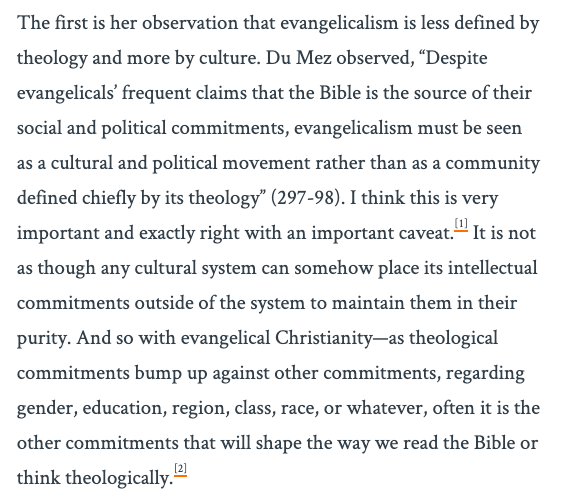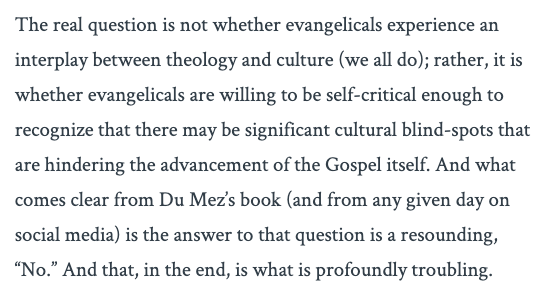
8 lessons about the Unity of the Spirit from Ephesians 4:1-16:
1. Unity is a Christian priority. It is an essential expression of our call to Christ (v. 1). Christ himself prioritized our oneness in his prayers (Jn 17:11). Unity is not optional for followers of Christ.
1. Unity is a Christian priority. It is an essential expression of our call to Christ (v. 1). Christ himself prioritized our oneness in his prayers (Jn 17:11). Unity is not optional for followers of Christ.
2. Unity is a human impossibility. It is "of the Spirit" (v. 3)—supernaturally produced and given by the Holy Spirit. As such it is not based on natural affinity—common interests, culture, politics, personality. The church is an assembly of recovering "natural enemies" (Carson).
3. Unity is a mark of maturity. As the body is built up in unity of faith, the church becomes "mature" (v. 13), "no longer children" (v. 14). A splintered and divided church is an immature church. It is also a vulnerable church, subject to false teaching and deception (v. 14).
4. Unity is grounded in Christian identity. We *are* one, bound by a common story, common public baptismal identity, and common adoptive family. We have one faith, one hope, one baptism, one father, one body (vv. 4-6).
4a. Unity is grounded, specifically, in Trinitarian identity.
The God to whom we are united, and into whose image we are being conformed, is triune—“one Spirit … one Lord … one Father” (vv. 4-6). Unity is a communal project of becoming more like the God who is three and one.
The God to whom we are united, and into whose image we are being conformed, is triune—“one Spirit … one Lord … one Father” (vv. 4-6). Unity is a communal project of becoming more like the God who is three and one.
5. Unity is not the enemy of diversity. Paul adds that grace is given to "each one of us" by the victorious Christ who shares his gifts with his people (vv. 7-11). Oneness is not sameness. Unity is a call to embrace, rather than erase, difference within the community.
6. Unity must be built diligently. It's hard. Hence the language of "building" (vv. 12, 16). We must "make every effort" to preserve unity (v. 3). It should not be presumed. If our unity is to be "thick," it must be forged over time with deliberate, painstaking effort.
7. Unity is everyone's responsibility. It is the job of "the saints" (v. 12), "the whole body" with "each part" making the body grow (v. 16). It is enacted in everyday life and ordinary interactions. It is not the job of unity specialists or the egregiously divisive alone.
8. Unity is forged by truth-telling in love and humility. In this passage, we are given one main tool, one practice: "speaking the truth in love" (v. 15). Speaking truth refers to God's word/gospel; also to speaking forthrightly, truth in opposition to falsehood (v. 25).
8a. And speaking "in love"? The apostle illustrates its meaning in v. 2: "with all humility and gentleness, with patience, bearing with one another." Speaking truth so as to build up, not tear down.
8b. Note: There are times when a stern word is needed; see Jesus' (and the apostles') ministry. But public rebuke is not an *everyday ministry* in the church; neither is the turning over of tables. And even then, it must be done in love, i.e., for the listener's ultimate good.
8c. Unity is forged not by denying our differences or by avoiding disputes, but by engaging them—*speaking* about them. Naming sin. Naming wounds. Naming grace.
A1. In these days of disdain and division, we must move toward each other. Unity is not achieved through silence, conflict-avoidance, or passivity—a surface peace that only allows sin, wounds, and injustice to fester undetected.
A2. Neither is unity achieved through wrath, coercion, and aggression. Remember, violence—whether physical or verbal—is a form of passive disengagement, a refusal to do the hard, active work of communicating amidst conflict.
A3. We must talk more, not less, about the things that threaten to divide. Speak the truth in love, and do not destroy that for which Christ died—our unity.
• • •
Missing some Tweet in this thread? You can try to
force a refresh







